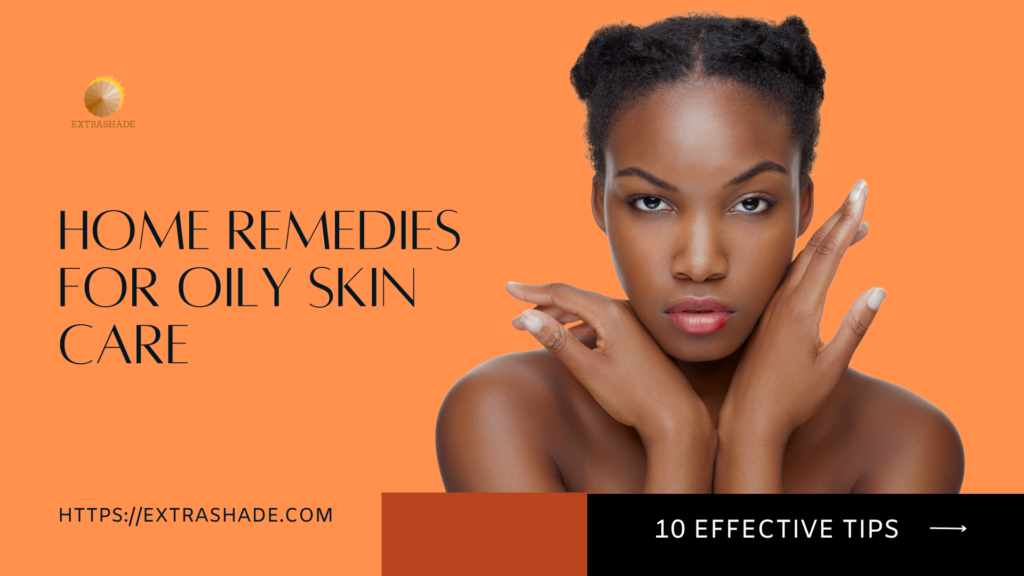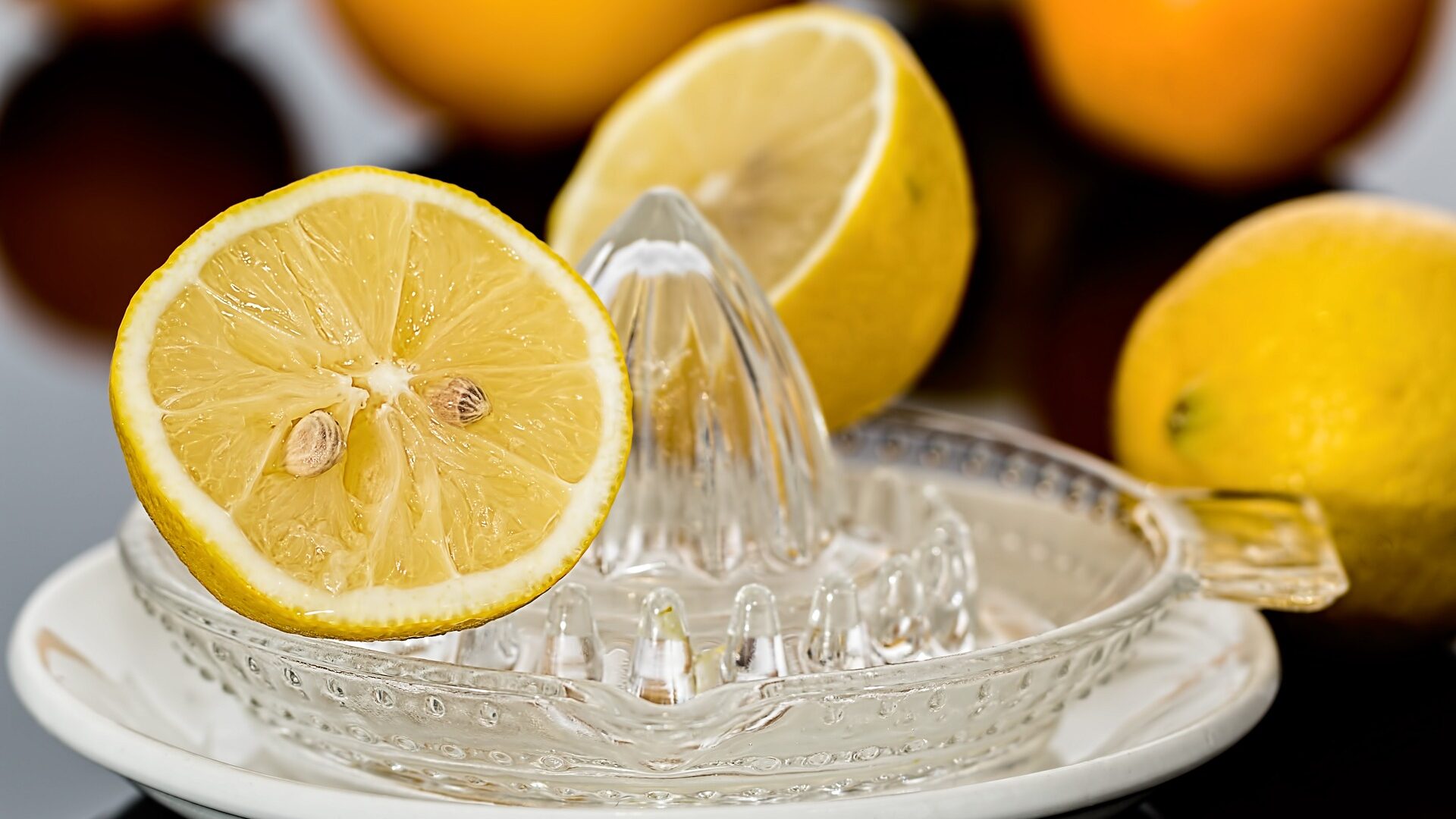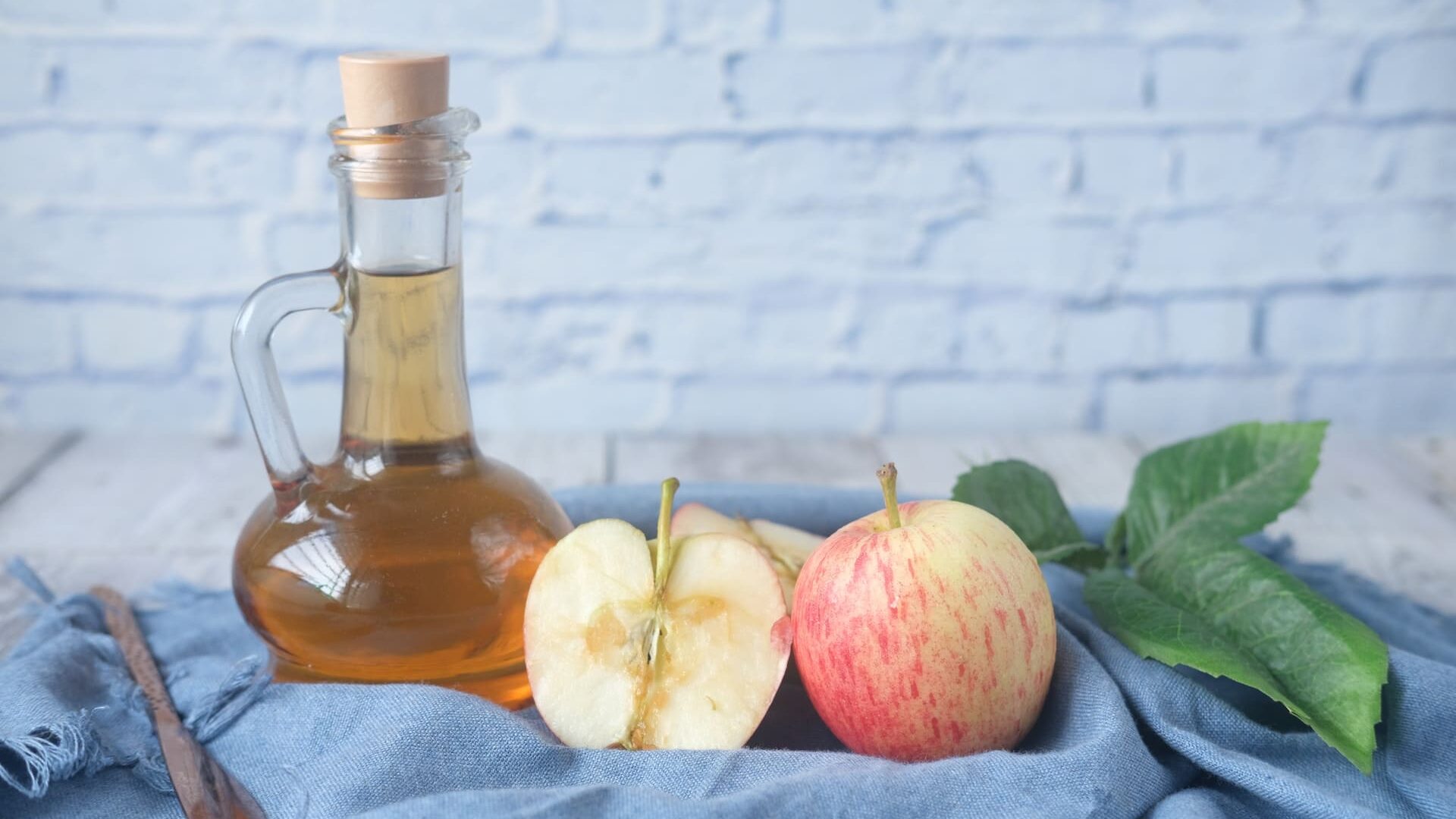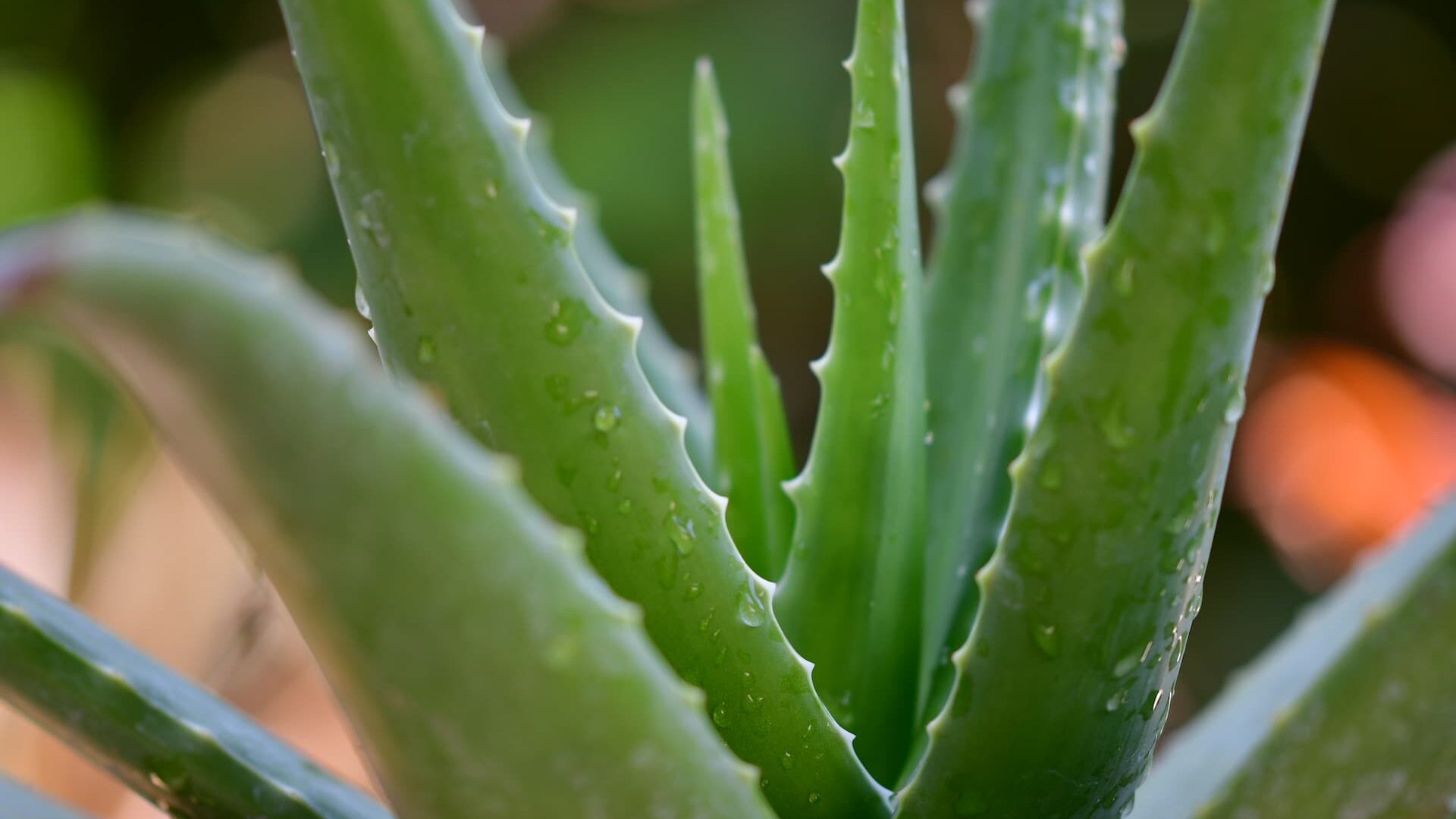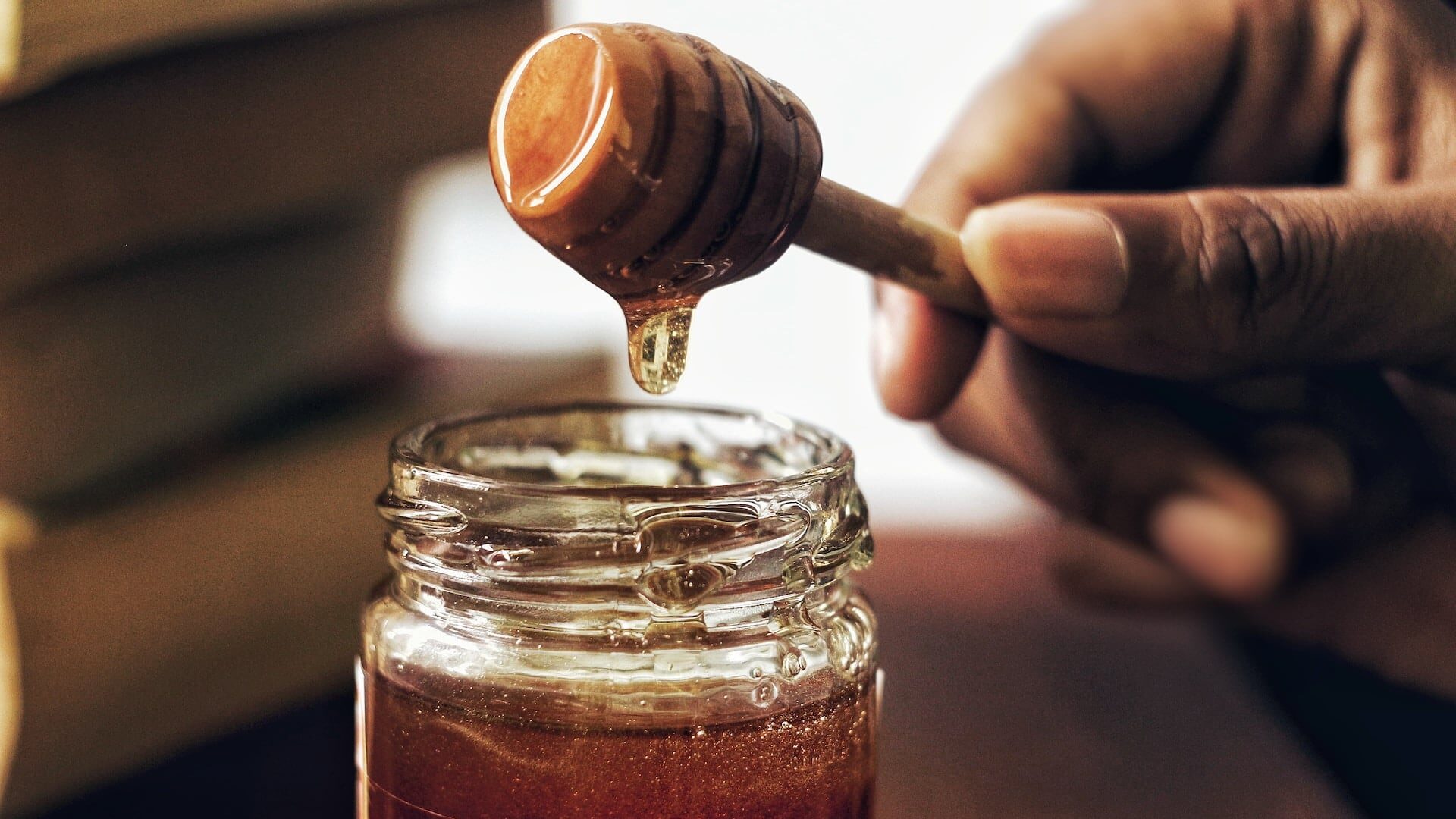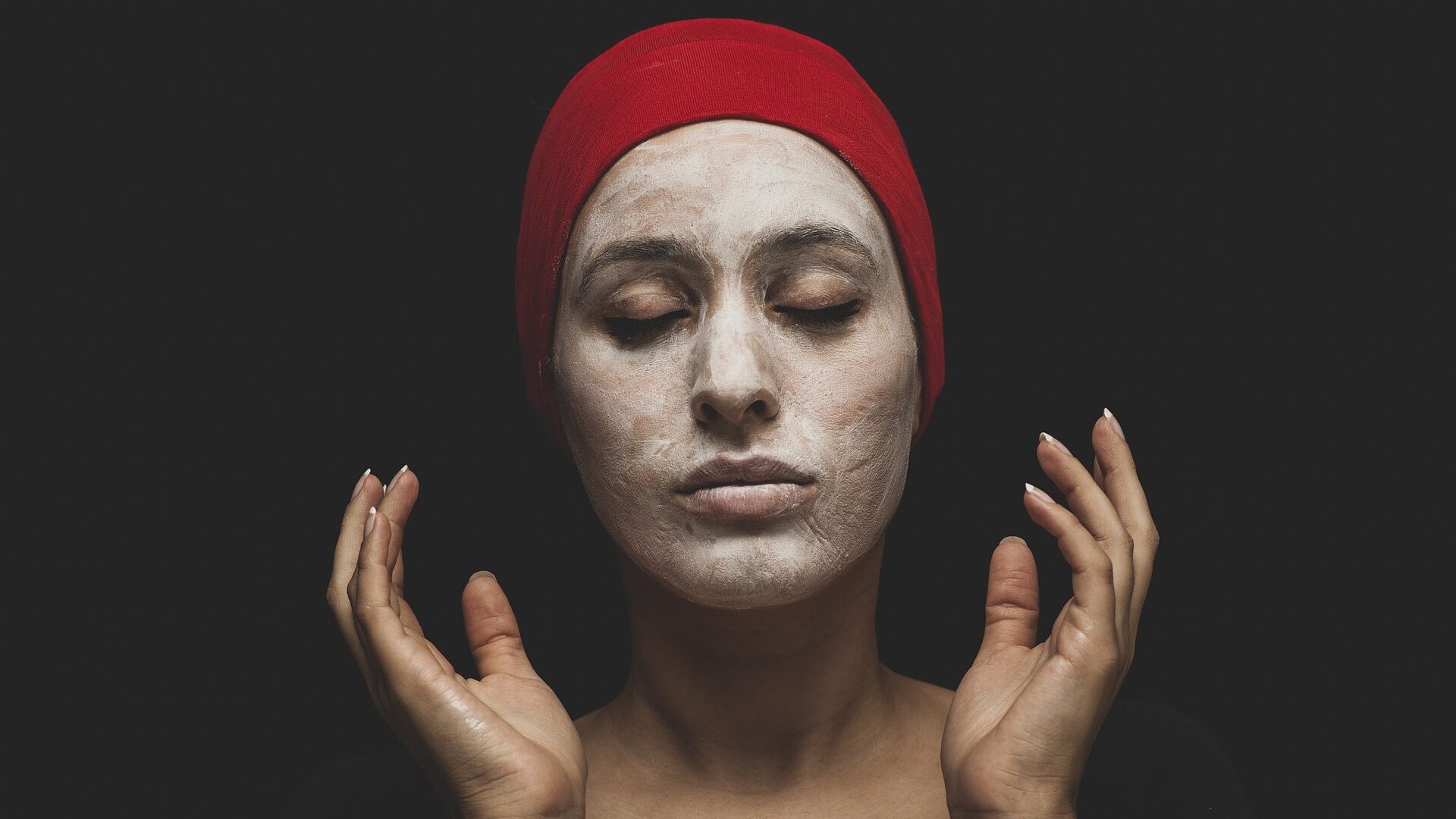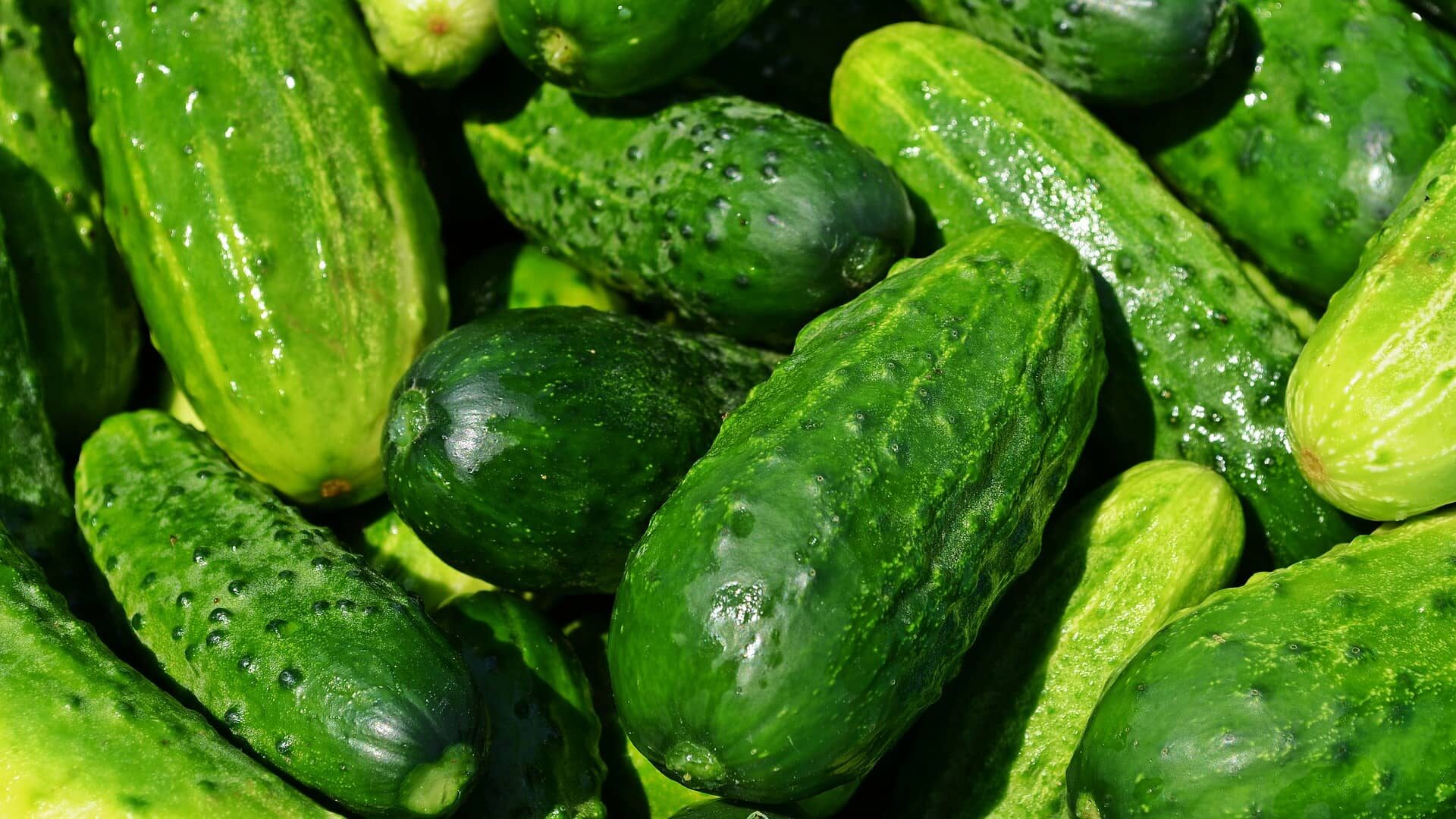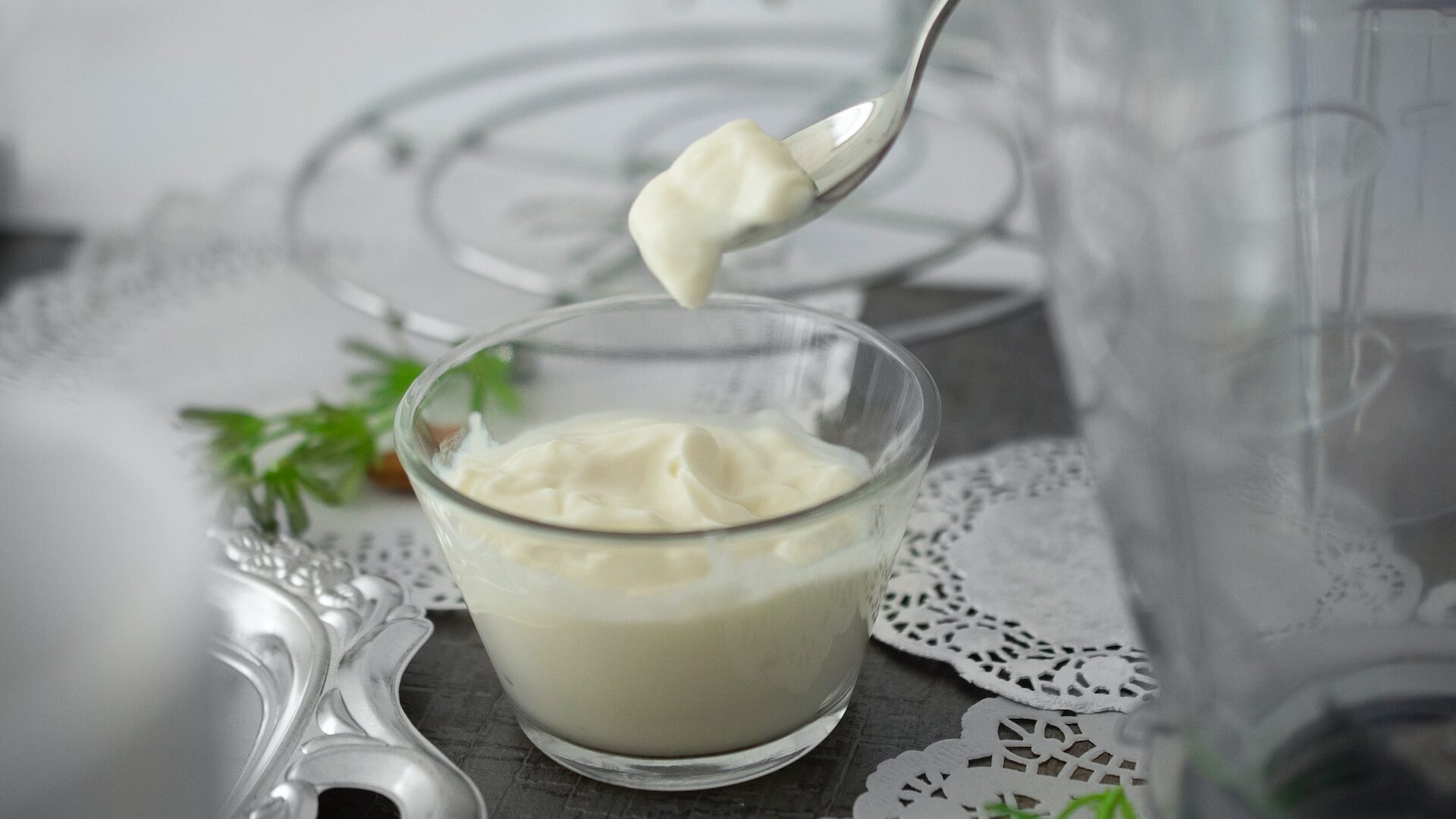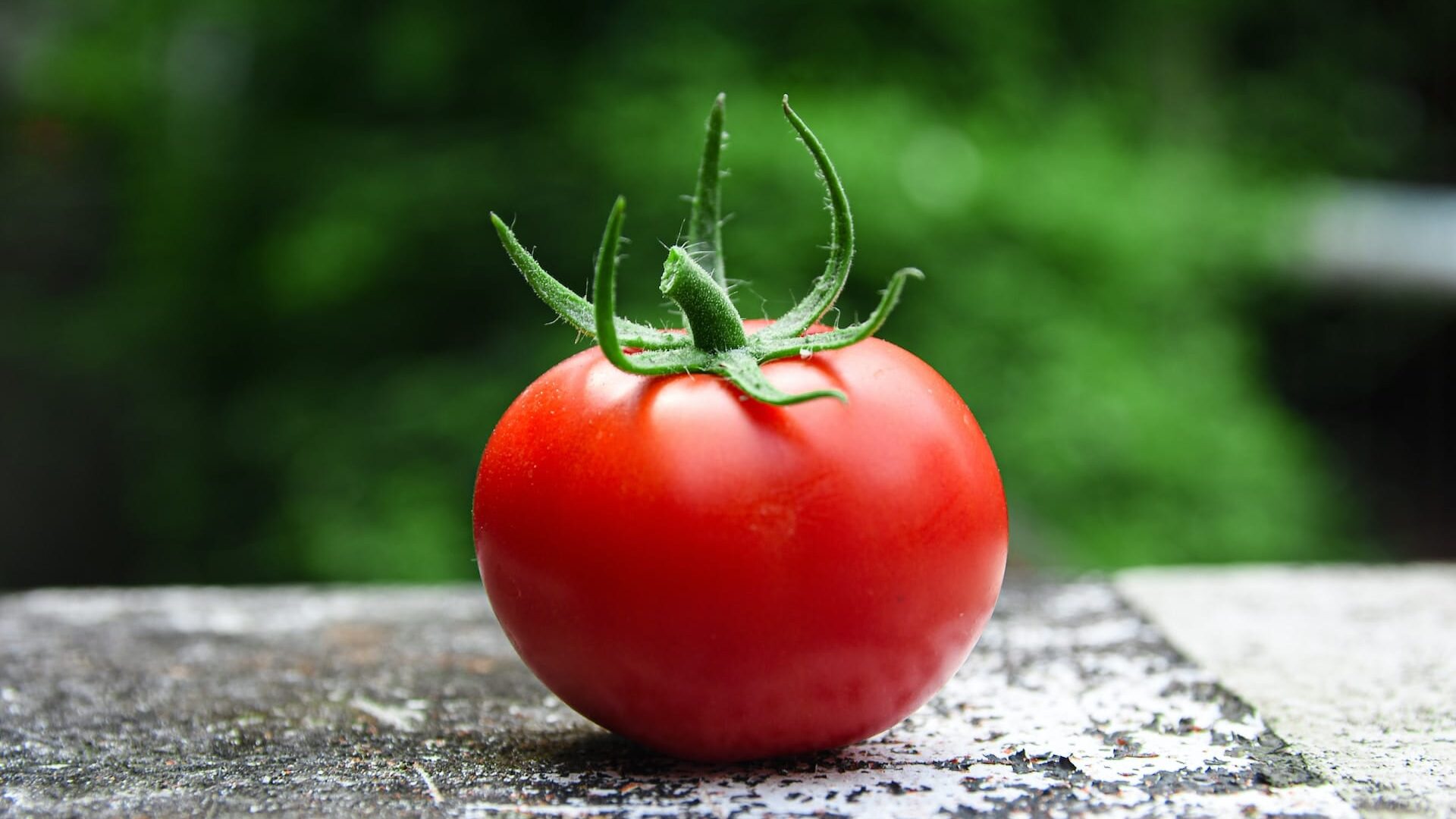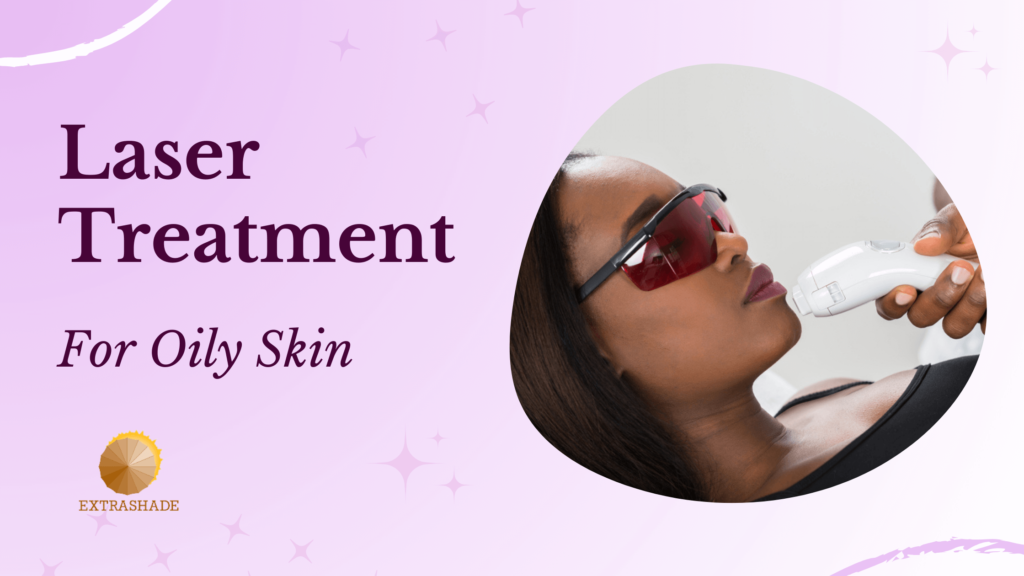Is your oily skin out of control?
Did you know that over 80% of people struggle with excessive oiliness at some point in their lives? Oily skin can lead to clogged pores, frequent breakouts, and an unwanted greasy shine—making it frustrating to manage. If you’re tired of constantly blotting your face or dealing with persistent acne, you’re not alone.
The good news? You don’t need expensive treatments to regain balance. By using proven home remedies, you can control excess oil, keep your skin fresh, and prevent breakouts naturally. From kitchen staples like honey and aloe vera to simple DIY face masks, these remedies can help you achieve a clear, healthy glow—without harsh chemicals.
In this article, we will explore the top 10 tried-and-true home treatments for oily skin care that will help you achieve a balanced and radiant complexion naturally. Whether you have been battling with oily skin for years or simply looking for preventive measures, these tips will prove invaluable in your quest for healthier skin.
Why Your Skin Becomes Oily & What Causes Oily Skin?
Oily skin is a common skin type that occurs when the sebaceous glands in the skin produce too much sebum. Sebum is an oily or waxy substance that helps to protect and moisturize the skin. However, too much sebum can lead to oily skin, clogged pores, and acne.
Truly, there are many reasons why your skin might become oily. Some of the most common causes include.
- Genetics: Oily skin is often inherited from parents or other family members.
- Hormones: Oily skin is more common during puberty, when hormone levels are fluctuating. It can also become more oily during pregnancy and menopause.
- Environment: Hot, humid weather can cause the sebaceous glands to produce more sebum.
- Diet: Eating a diet that is high in unhealthy fats, sugar, and processed foods can contribute to oily skin.
- Stress: Stress can also trigger the sebaceous glands to produce more sebum.
- Certain medications: Some medications, such as steroids and birth control pills, can cause oily skin as a side effect.
Oily Skin Signs & Symptoms
- Excessive shine
- Enlarged pores
- Acne breakouts
- Blackheads and whiteheads
- Persistent skin congestion
- Makeup doesn’t stay in place
- Frequent need for blotting
- Skin sensitivity (possible)
- Prone to seborrheic dermatitis
- Aging concerns
How to Get Rid of Oily Skin: Top 10 Effective Home Remedies for Oily Skin Care
Having oily skin can be a challenge, but several effective home remedies can help you manage it. Here are the top 10 remedies for oily skin care and instructions on how to use them:
1. Lemon Juice
Lemon juice has been popularly used in home remedies for various skin conditions, including oily skin. It contains citric acid, which is a natural alpha hydroxy acid (AHA). AHAs are known for their exfoliating properties, helping to remove dead skin cells and unclog pores. Vitamin C, also found in lemon juice, is an antioxidant that can help protect the skin from free radicals.
What’s more, lemon juice has shown antimicrobial activity against various bacteria and fungi. Oily skin is more prone to acne breakouts caused by the growth of Propionibacterium acnes bacteria. Lemon juice’s antimicrobial properties may help inhibit the growth of these bacteria and reduce acne symptoms.
Finally, lemon juice has astringent properties, which can help tighten the skin and reduce oiliness. It may temporarily minimize the appearance of enlarged pores and give the skin a mattified look.
How to use:
- Squeeze fresh lemon juice and apply it directly to your face using a cotton ball.
- Leave it on for 10-15 minutes, then rinse with lukewarm water.
- Lemon juice helps control oil production and tightens pores.
2. Apple Cider Vinegar
Apple cider vinegar is a versatile ingredient that can be used in various ways to address the concerns of oily skin. It offers several benefits that make it a popular choice for those seeking effective skincare solutions.
It helps regulate sebum production due to its natural astringent properties. Applying diluted apple cider vinegar as a toner or using it in homemade facial masks can help control the oiliness of the skin, leaving it more balanced and less greasy.
Moreover, the skin’s pH balance plays a crucial role in maintaining its health and appearance. Oily skin tends to have an imbalanced pH level, leading to various issues like acne and inflammation. Apple cider vinegar has a slightly acidic pH, which can help restore the skin’s natural pH, reducing excess oiliness and improving overall skin health.
How to use:
- Dilute one part apple cider vinegar with three parts water.
- Apply the mixture to your face using a cotton ball.
- Leave it on for about 10 minutes, then rinse with cool water.
- Apple cider vinegar helps balance the skin’s pH and control excess oil.
3. Aloe Vera
Aloe vera is a versatile plant that offers numerous benefits for skin care, including oily skin. It has a light, non-greasy texture that makes it suitable for oily skin. When applied topically, aloe vera helps to control excess oil production, keeping the skin’s natural balance in check.
How to use:
- Extract fresh aloe vera gel from an aloe leaf.
- Apply the gel to your face and gently massage it in.
- Leave it on for 15-20 minutes, then rinse with lukewarm water.
- Aloe vera soothes the skin and reduces oiliness.
4. Honey
Honey can be a beneficial ingredient for oily skin care due to its natural properties and various skin-enhancing qualities. It possesses natural antibacterial properties that can help combat acne-causing bacteria on the skin. Again, honey may aid in reducing breakouts and preventing the formation of new blemishes.
Adding to that, its natural enzymes help cleanse the pores by removing dirt, excess oil, and impurities without stripping the skin of its natural moisture.
How to use:
- Apply a thin layer of raw honey to your face.
- Leave it on for 10-15 minutes, then rinse with warm water.
- Honey has antibacterial properties and helps regulate oil production.
5. Clay Masks
Clay masks are highly beneficial for oily skin care due to their unique properties and ability to address common issues associated with excess oil production.
Most importantly, clay masks, especially those formulated with ingredients like bentonite or kaolin clay, have exceptional oil-absorbing properties. These clays work by binding to the excess sebum on the skin’s surface, helping to draw out impurities, unclog pores, and reduce shine. This helps to control oiliness and prevent breakouts caused by pore congestion.
Some clay masks contain exfoliating agents like fruit enzymes or salicylic acid, which help to remove dead skin cells and promote cell turnover. By exfoliating the skin, these masks can help prevent the buildup of dead skin cells, which can contribute to clogged pores and dullness.
How to use:
- Mix bentonite or kaolin clay with water to form a paste.
- Apply the paste to your face and let it dry for 10-15 minutes.
- Rinse with lukewarm water.
- Clay masks absorb excess oil and unclog pores.
6. Tea Tree Oil
Tea tree oil is a natural essential oil derived from the leaves of the tea tree plant (Melaleuca Alternifolia). It has gained popularity in skincare due to its potential benefits for oily skin.
Tea tree oil possesses strong antimicrobial properties, primarily due to its active component called terpinen-4-ol. This makes it effective against various bacteria, fungi, and viruses that can contribute to acne breakouts and skin infections. By eliminating these harmful microorganisms, tea tree oil can help prevent and treat acne, which is a common concern for people with oily skin.
More importantly, the oil can be used as a spot treatment for acne lesions. Its antimicrobial and anti-inflammatory properties can help reduce the size, redness, and inflammation of individual pimples. However, it’s important to use tea tree oil in a diluted form (mixed with a carrier oil) and sparingly, as it can be potent and may cause skin irritation if used undiluted.
How to use:
- Dilute a few drops of tea tree oil with a carrier oil like coconut or jojoba oil.
- Apply the mixture to your face using a cotton ball.
- Leave it on for 15-20 minutes, then rinse with cool water.
- Tea tree oil has antimicrobial properties and helps control oiliness.
7. Cucumber
Cucumbers are excellent natural ingredients that can be incorporated into a skincare routine, especially for individuals with oily skin. They have a high water content, making them incredibly cooling and soothing when applied to the skin.
Truly, oily skin can often be prone to inflammation, redness, and acne breakouts. Applying cucumber slices or cucumber-infused products can help calm and soothe the skin, reducing any irritation or redness associated with excess oil production.
How to use:
- Grate or blend a cucumber to extract its juice.
- Apply the juice to your face using a cotton ball or spray bottle.
- Leave it on for 10-15 minutes, then rinse with cool water.
- Cucumber has a cooling effect and helps reduce oiliness.
8. Witch Hazel
Witch hazel is a natural astringent that has been used for centuries in skincare. It is derived from the leaves and bark of the witch hazel shrub (Hamamelis virginiana) and is known for its beneficial properties, particularly for oily skin.
Witch hazel can be used as a toner to restore the skin’s pH level and balance its natural oils. It helps to refine the skin’s texture, leaving it feeling fresh, toned, and revitalized. Finally, this ingredient can be used as a natural cleanser for oily skin. It effectively removes dirt, excess oil, and impurities from the skin without stripping away its natural moisture. This gentle cleansing action helps to maintain the skin’s pH balance and prevent excessive drying.
How to use:
- Soak a cotton pad in witch hazel and apply it to your face.
- Leave it on for 10-15 minutes, then rinse with cool water.
- Witch hazel acts as an astringent and helps control oil production.
9. Yogurt
Yogurt is a versatile and beneficial ingredient that can be used for oily skin care. It contains various nutrients, enzymes, and probiotics that can help regulate oil production, reduce excess sebum, and improve the overall health and appearance of oily skin.
The lactic acid present in yogurt helps to exfoliate the skin gently, removing dead skin cells, dirt, and excess oil. Regular use of yogurt can help control sebum production and prevent clogged pores, which are common concerns for people with oily skin.
How to use:
- Apply plain yogurt to your face and leave it on for 15-20 minutes.
- Rinse with lukewarm water.
- Yogurt contains lactic acid, which helps exfoliate the skin and reduce oiliness.
10. Tomato
Oily skin is often prone to acne breakouts due to the accumulation of excess oil, dirt, and bacteria. Tomatoes have antibacterial properties that can aid in preventing acne by reducing the growth of bacteria on the skin’s surface. Additionally, the natural acids present in tomatoes, such as citric acid, help to unclog pores and minimize the appearance of acne.
More importantly, tomatoes contain antioxidants like lycopene, which help brighten the skin and improve overall skin tone. Regular use of tomato-based products or applying tomato juice on the skin can contribute to a more radiant and youthful-looking complexion.
How to use:
- Mash a ripe tomato and apply it to your face.
- Leave it on for 15-20 minutes, then rinse with cool water.
- Tomatoes help tighten pores and control excess oil.
Bonus Tip: Using an Oil-free Lotion or Cream
If you feel tired of doing the above tricks in your kitchen, feel free to use an oil-free lotion or cream. If you are doing outdoor activities and at the same time want to control your skin oil, it would be the best option.
Before You Leave
Taking care of oily skin doesn’t have to be a complicated or expensive process. You can effectively manage and control excess oil production by implementing these effective home remedies into your oily skin care routine.
From using natural ingredients like lemon juice and honey to maintaining a healthy diet and lifestyle, there are numerous options available for reducing oiliness and achieving a clear, glowing complexion. Remember to be consistent with your skincare routine and listen to your skin’s needs.
With dedication and patience, you can achieve the balanced, radiant skin you’ve always desired. So why wait? Start incorporating these home remedies today and take control of your oily skin.


